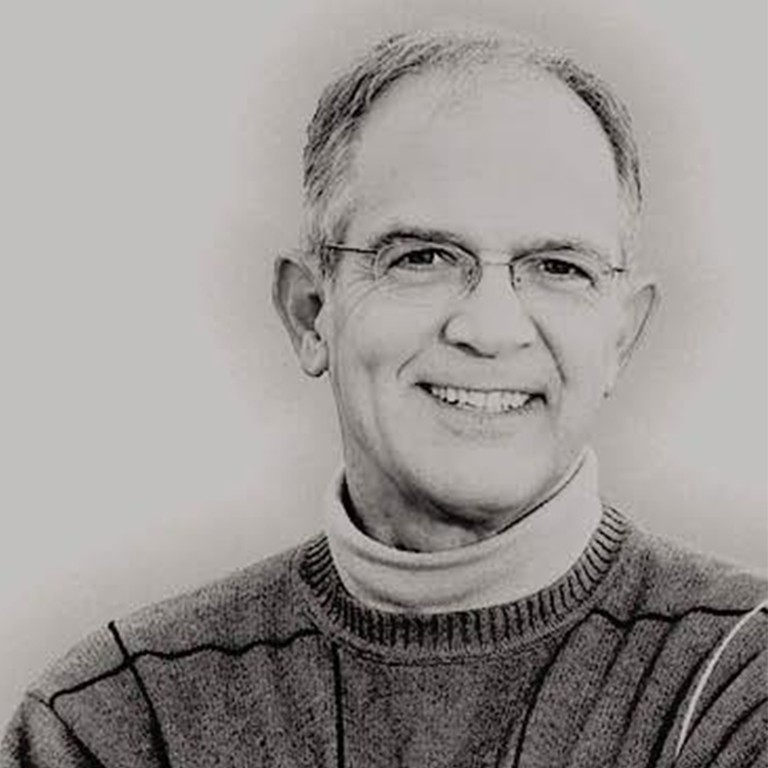Before long Jerry was the computer technician in the department, hired by one lab after another to build computer equipment and write all the programs. As David Pisoni describes him, he was “the most important critical component in those days. Like no one else anywhere in the world, he figured out how to build systems from scratch and get them to work.”
He was helping to create “state-of-the-art labs” that were breaking new ground and “solving difficult problems in new and unconventional ways.”
By the early ‘80s, Jerry was supporting more than 20 computer systems in the department. He developed an active consulting business, building systems at dozens of other universities, among them the universities of Colorado, Michigan, Rochester, California, Vanderbilt, Dartmouth, and Purdue.
By the late 1980s, as computers became smaller and easier to use and manage, Jerry gradually shifted away from work in laboratories to work in the department at large, managing the technical staff and business office. He worked with four different chairs on budget and finance issues. He was also heavily involved in the improvement of PBS facilities, its labs, classrooms, computing clusters, and the new building addition.
In this way Jerry’s career at PBS grew over a 44-year period in tandem with the changes and evolution of the department.
However, it’s hard to say precisely where the story of Jerry’s career with PBS began.
You could say it started with his move to Bloomington and an innocent request to Frank Restle. You could also say it started at Hamline University in St. Paul, Minnesota, with an intro psychology course that changed his life, diverting his interests from the ministry and religion to a scientific enterprise that “expanded our knowledge of human behavior and offered a new way of looking at the world.”
You could also trace his career back to a childhood growing up in a parsonage, where, as the son of a Methodist minister, he says, “I saw and learned firsthand what service and sacrifice were all about.” In this you can find strong traces of the character of someone who would fully dedicate himself to the mission of PBS.
Yet, if his career has no clear beginning, it also has no clear end. Having built the department’s technological past, Jerry has set out to build its technological future.

 The College of Arts
The College of Arts